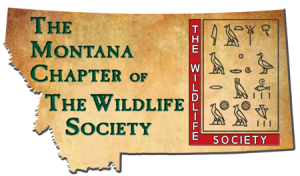Montana Chapter Annual Conference
Conservation Policy: Why it matters and what we can (and should) be doing
March 4-7th, 2025
Billings Hotel and Convention Center, Billings, MT
Sponsors can donate to our annual meeting using the green button below
Reservation Details Coming Soon!
Billings Hotel and Convention Center
Billings, MT
Registration
Coming soon!!
Abstracts
Coming Soon!
Plenary Speakers
Coming soon!
Workshops
Coming Soon!
Small Grants
Visit our Awards page for information on how to apply!
Award Nominations
Visit our Awards page for information on how to nominate candidates!
President-Elect AND Secretary Candidates
This could be you!! Please reach out to any board member if you’re interested in either position!
